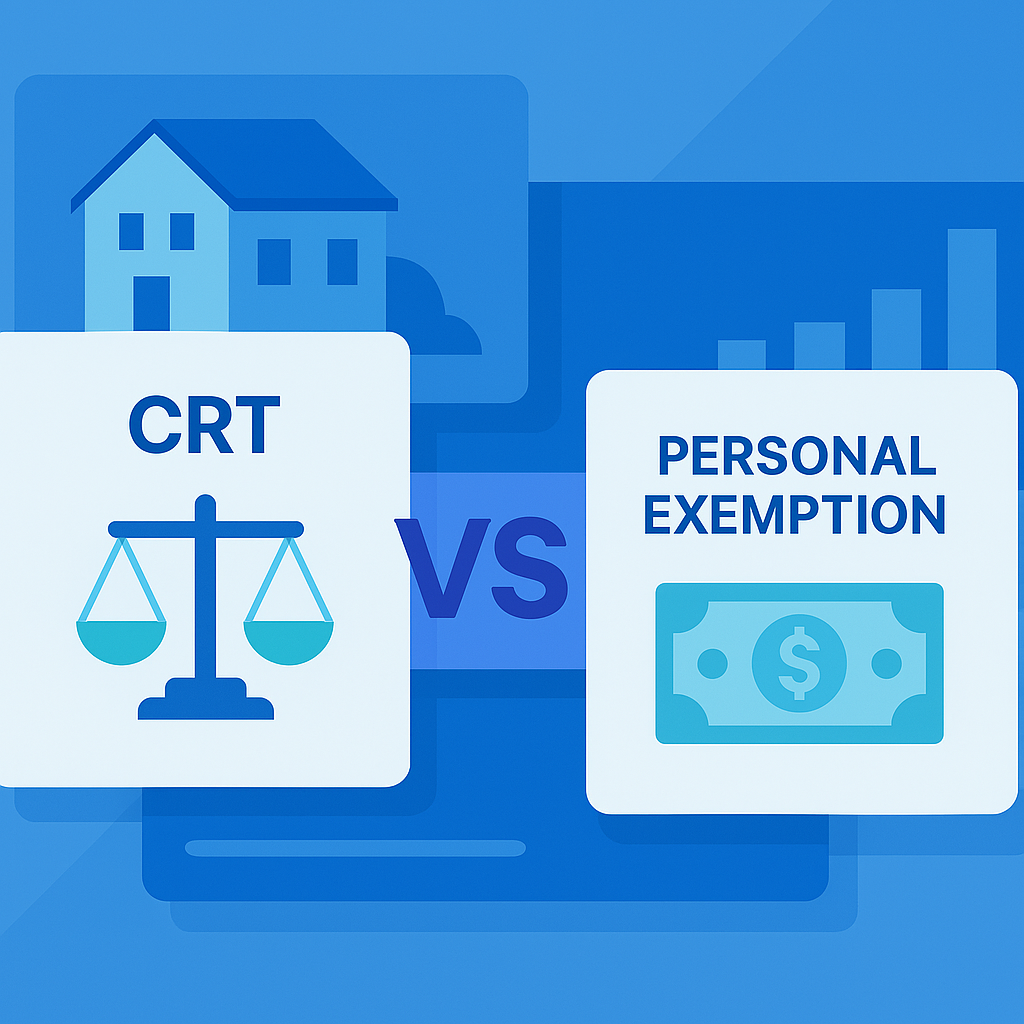
FEATURED ARTICLE
Tax Planning for Realized Gains and Ordinary Income
Tax planning strategies for realized gains and ordinary income

Tax planning strategies for realized gains and ordinary income


Business income is the net profit a business generates after all expenses, costs, and paid taxes. It is also sometimes referred to as net business income or gross income. This income includes money earned from sales of products and services, revenues from investments, profits received through grants and donations, and other sources of revenue.
Businesses must declare their business income each year and pay taxes on it, depending on the country’s laws in which they operate. Business owners can use this money to reinvest in the business or cover personal expenses if they are a sole proprietorship or single-member LLC.
Business profit is different from personal income, which is the money earned by an individual. Personal income includes wages, dividends, capital gains, and government benefits such as Social Security or unemployment insurance.
Businesses can deduct certain expenses from their income to lower the tax burden. These expenses include operating costs such as salaries, rent, and utilities; travel-related fees; advertising and marketing costs; and business-related taxes.
In the United States, this income is taxed at either a regular income tax rate or a corporate tax rate. The standard income tax rate applies to individuals earning this type of income from a sole proprietorship or single-member LLC. The corporate tax rate applies to businesses structured as C corporations.
Businesses can take deductions from their business income to reduce their tax burden. These deductions include operating costs, such as salaries and rent, and business-related taxes. However, businesses must pay their income federal, state, and local taxes. They may also be required to pay payroll taxes, which fund social security and Medicare programs in the United States.
Moreover, businesses must declare their business income on their annual tax return and pay taxes on it, depending on the laws of the country in which they operate. Rates vary by country, but businesses can take deductions from their income to reduce their tax burden. These deductions include operating costs, such as salaries and rent, and business-related taxes.
An example of business profit is the money earned from sales of products and services, revenues received from investments, profits received through grants and donations, as well as any other sources of revenue. For instance, a company may earn $100,000 in sales revenue, but after deducting all expenses, such as salaries and rent, the net income would be $50,000. This $50,000 is the income for business in that year.
To calculate this type of income, subtract all expenses from total revenue. This amount includes sales of products and services, as well as other sources of income. Then add all expenses incurred during the year, including operating costs like rent and salaries, taxes paid on business activities, advertising and marketing, and travel-related expenses.
Explore our tax planning tools to reduce taxable income with the right trust. Access more of our glossary terms to know more!
We’ve built a platform that makes advanced tax planning – once reserved for ultra-high-net-worth individuals – accessible to everyone. With Valur, you can reduce your taxes by six figures or more, at less than half the cost of traditional providers.
From selecting the right strategy to handling setup, administration, and ongoing optimization, we take care of the hard work so you don’t have to. The results speak for themselves: our customers have generated over $3 billion in additional wealth through our platform.
Want to see what Valur can do for you or your clients? Explore our Learning Center, use our online calculators to estimate your potential savings or schedule a time to chat with us today!